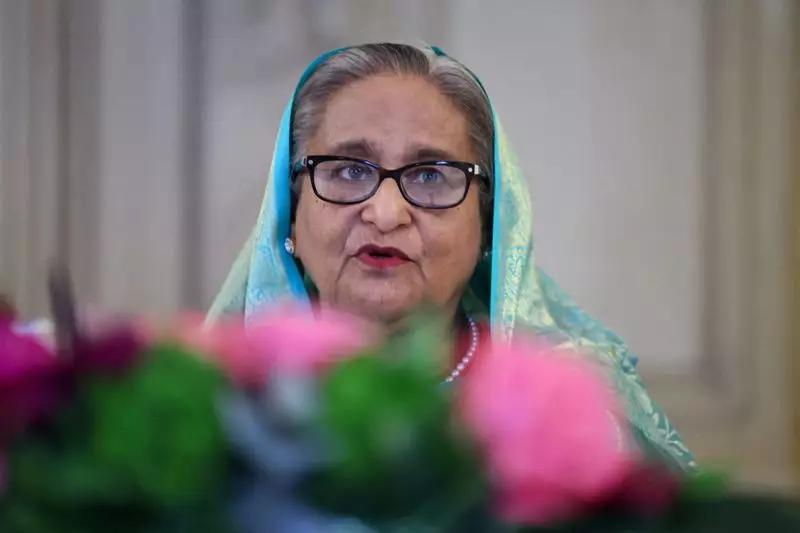
A special tribunal in Bangladesh is poised to deliver a significant verdict in a case involving Prime Minister Sheikh Hasina, marking a crucial moment in the nation's political landscape. The judgment comes amid heightened security and political tensions throughout the country.
Court Proceedings and Security Measures
The Special Tribunal-1 of Dhaka has completed hearings and is scheduled to announce its decision today. The case, which has drawn national and international attention, involves allegations that have been contested by Hasina's legal team. Security around the court premises has been significantly enhanced, with additional police and law enforcement personnel deployed to maintain order.
Judge Mohammad As-Shams Joglul Hossain of the Special Tribunal-1 will pronounce the verdict from the temporary court established at the old High Court building in Dhaka. The temporary arrangement was made specifically to address security concerns surrounding this high-profile case.
Political Context and International Attention
The timing of this verdict is particularly significant given Bangladesh's current political climate. Sheikh Hasina, who has served as Prime Minister since 2009, faces this legal challenge while simultaneously governing the nation. The case has attracted scrutiny from various international observers and human rights organizations monitoring the situation.
Legal experts following the proceedings note that the verdict could have far-reaching implications for Bangladesh's political future. The case has been progressing through the judicial system amid concerns about judicial independence and the rule of law in the country.
Government Response and Public Reaction
The government has maintained that the judicial process will be fair and transparent, while opposition groups have expressed skepticism about the proceedings. Supporters of Sheikh Hasina have gathered near the court premises, though authorities have implemented strict measures to prevent large crowds from forming.
The verdict comes at a sensitive time for Bangladesh's administration, which has been dealing with multiple challenges including economic pressures and political opposition. International diplomatic missions in Dhaka have been closely monitoring developments, with several issuing advisories to their citizens regarding potential unrest following the announcement.
Local media outlets have provided extensive coverage of the build-up to the verdict, with many news organizations deploying special teams to report from outside the courthouse. Social media platforms have seen increased activity related to the case, though authorities have warned against spreading misinformation.
As the nation awaits the tribunal's decision, business activities in central Dhaka have been somewhat affected, with many shops and offices operating with reduced staff. Transportation around the court area has been rerouted, causing some disruption to normal traffic patterns in the capital city.
The international community continues to watch developments closely, recognizing that the outcome could significantly influence Bangladesh's political trajectory and its relationships with global partners. Human rights organizations have called for peaceful proceedings regardless of the verdict outcome.






